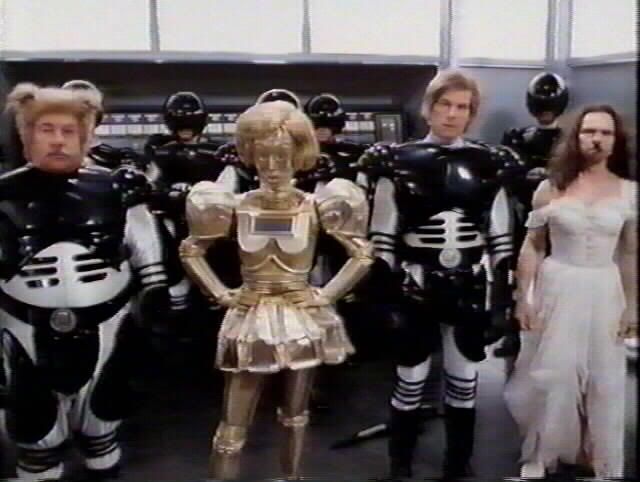JustinLuck
Super Freak
- Joined
- Nov 14, 2005
- Messages
- 3,949
- Reaction score
- 0
It might be harder on the individual companies, but the fans would still be purchasing quality products and Lucas would still be making money. In fact, Lucas might make even more money.
For instance, Sideshow has become quite comfortable with the 1:6 SW license, knowing that no one can compete with them. So even if there are problems with a product, Sideshow know loyal fans will still buy it because there are no alternatives. Sideshow's Vader, for example, is the best incarnation we have ever seen. But of course he is, because his character is off limits to anyone else except Medicom which most of us don't count for various reasons.
However, over time, more people have been dropping the 1:6 SW line because they have been dissatisfied and disappointed with the outcome of product too many times. Lucas makes money for every figure sold. If the line has a decrease in sales (smaller edition sizes, figures that remain in-stock or go on second chance), doesn't that mean Lucas is losing money as well?
What if LFL sold the 1:6 SW license to Sideshow, Hot Toys, and Enterbay for example. Imagine the firestorm that would occur when these companies have to compete for customers. Each year, people would buy the best products available on the market. The companies would continue selling items, knowing that if they can come out top, there is a lot of money to be made. No matter what, Lucas would still make money on all of these sales, regardless of what company makes them. From Lucas' perspective, I don't understand why he limits each type of license to one company when he is only limiting his opportunity for more sales and attracting more customers. What do you guys think?
For instance, Sideshow has become quite comfortable with the 1:6 SW license, knowing that no one can compete with them. So even if there are problems with a product, Sideshow know loyal fans will still buy it because there are no alternatives. Sideshow's Vader, for example, is the best incarnation we have ever seen. But of course he is, because his character is off limits to anyone else except Medicom which most of us don't count for various reasons.
However, over time, more people have been dropping the 1:6 SW line because they have been dissatisfied and disappointed with the outcome of product too many times. Lucas makes money for every figure sold. If the line has a decrease in sales (smaller edition sizes, figures that remain in-stock or go on second chance), doesn't that mean Lucas is losing money as well?
What if LFL sold the 1:6 SW license to Sideshow, Hot Toys, and Enterbay for example. Imagine the firestorm that would occur when these companies have to compete for customers. Each year, people would buy the best products available on the market. The companies would continue selling items, knowing that if they can come out top, there is a lot of money to be made. No matter what, Lucas would still make money on all of these sales, regardless of what company makes them. From Lucas' perspective, I don't understand why he limits each type of license to one company when he is only limiting his opportunity for more sales and attracting more customers. What do you guys think?






